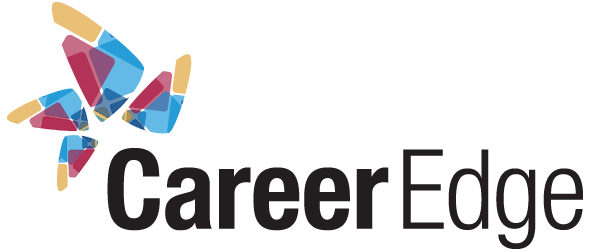
Aboriginal inclusion in the workplace is a critical part of the overall discourse that is taking place around diversity and inclusion in the Canadian workplace today.
Canadian employers are seeing a clear business case in making their organizations inclusive of Aboriginal people and other underrepresented groups, as diversity maximizes the potential of all employees, lowers employee turnovers, broadens the customer base and increases work productivity. Diversity brings cohesiveness to the workplace.
Moreover, the impending skills shortage faced by Canadian employers today may call for creative hiring solutions. Aboriginal people represent an important part of this solution, with a growth rate that is six times faster than the general population.
Unfortunately, Aboriginal inclusion has its own challenges, as there are gaps still prevalent that are acting as barriers to true Aboriginal inclusion in the workplace. In an effort to make their workplace practices truly welcoming, employers are still working to expand their understanding of the historical and cultural journey of Aboriginal people in Canada.
Conventional practices around recruitment, retention and promotion alone would not suffice to make an organization an employer of choice for Aboriginal people. This is best achieved when organizational goals and Aboriginal inclusion goals are linked together, and inclusion becomes an organization competency, part of managerial performance evaluations.
An optimal Aboriginal inclusion strategy is also backed by leadership and commitment, long-term goals, accountability, relationship building, creative recruitment, retention and promotion strategies and a plan for implementation and measurement.
What are we doing?
At Career Edge Organization, Aboriginal inclusion is viewed as a journey that will include lots of learning and sharing of best practices with our host organizations and partnering community agencies. We are currently working on streamlining our processes so that our host organizations would be able to hire Aboriginal interns through the paid internship programs we offer that are meant for recent graduates: Career Edge and Ability Edge.
In our quest for ongoing learning and understanding of Aboriginal inclusion in the workplace, I recently attended a Workshop titled “Mastering Aboriginal Inclusion”. The workshop was offered during the yearly conference called “Inclusion Works” organized by the Aboriginal Human Resource Council. Some of the critical areas that were covered in the workshop were understanding the business case for Aboriginal inclusion, the historical exclusion of Aboriginal people and how to increase an organization’s ability to recruit, retain and advance Aboriginal peoples.
In our journey so far, we have encountered some notable successes, including the three Aboriginal interns who were placed in one of the major Canadian banks within the last three months. We continue to see more of our host employers hiring Aboriginals through our paid internship programs. Our goal is to make our internships a viable medium for qualified recent Aboriginal graduates to establish their careers.
By Guest Blogger: Rizwan Abdul, Client Relations and Human Resources Manager, Career Edge Organization

